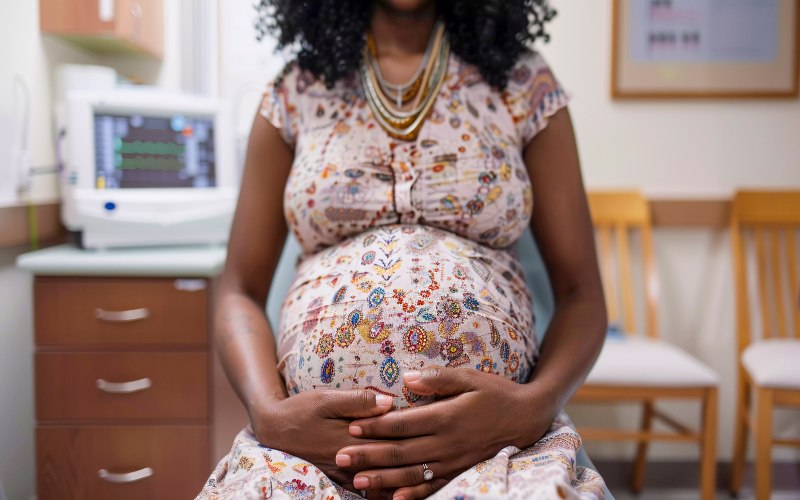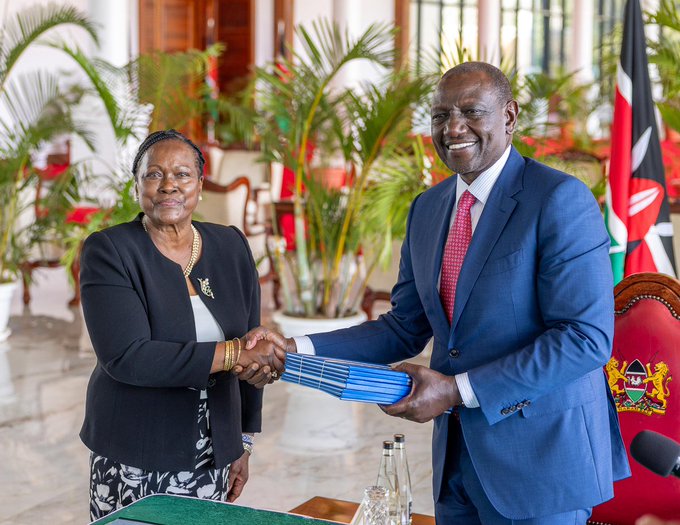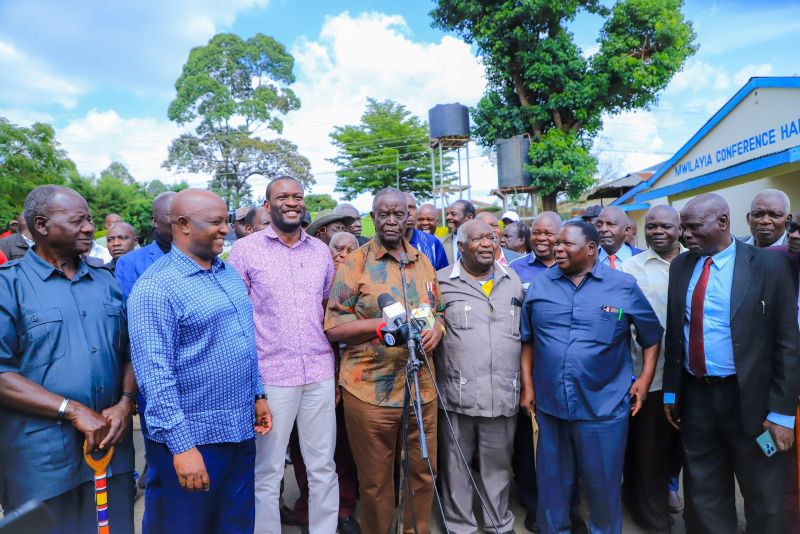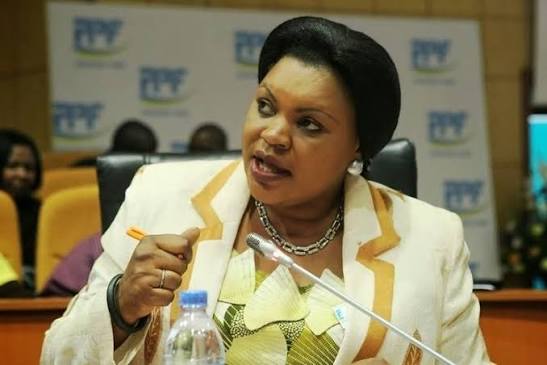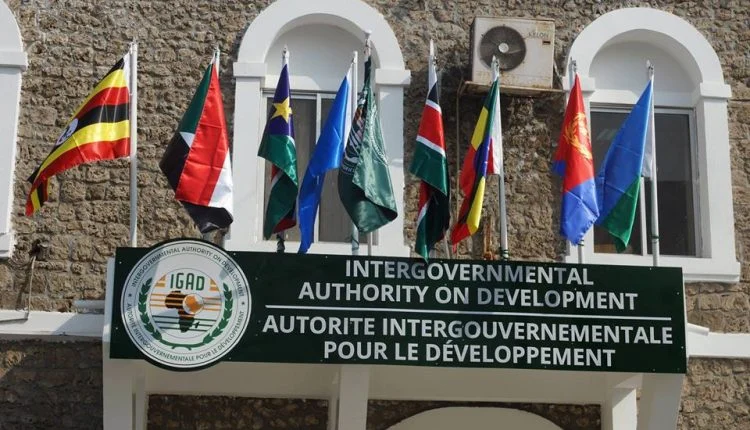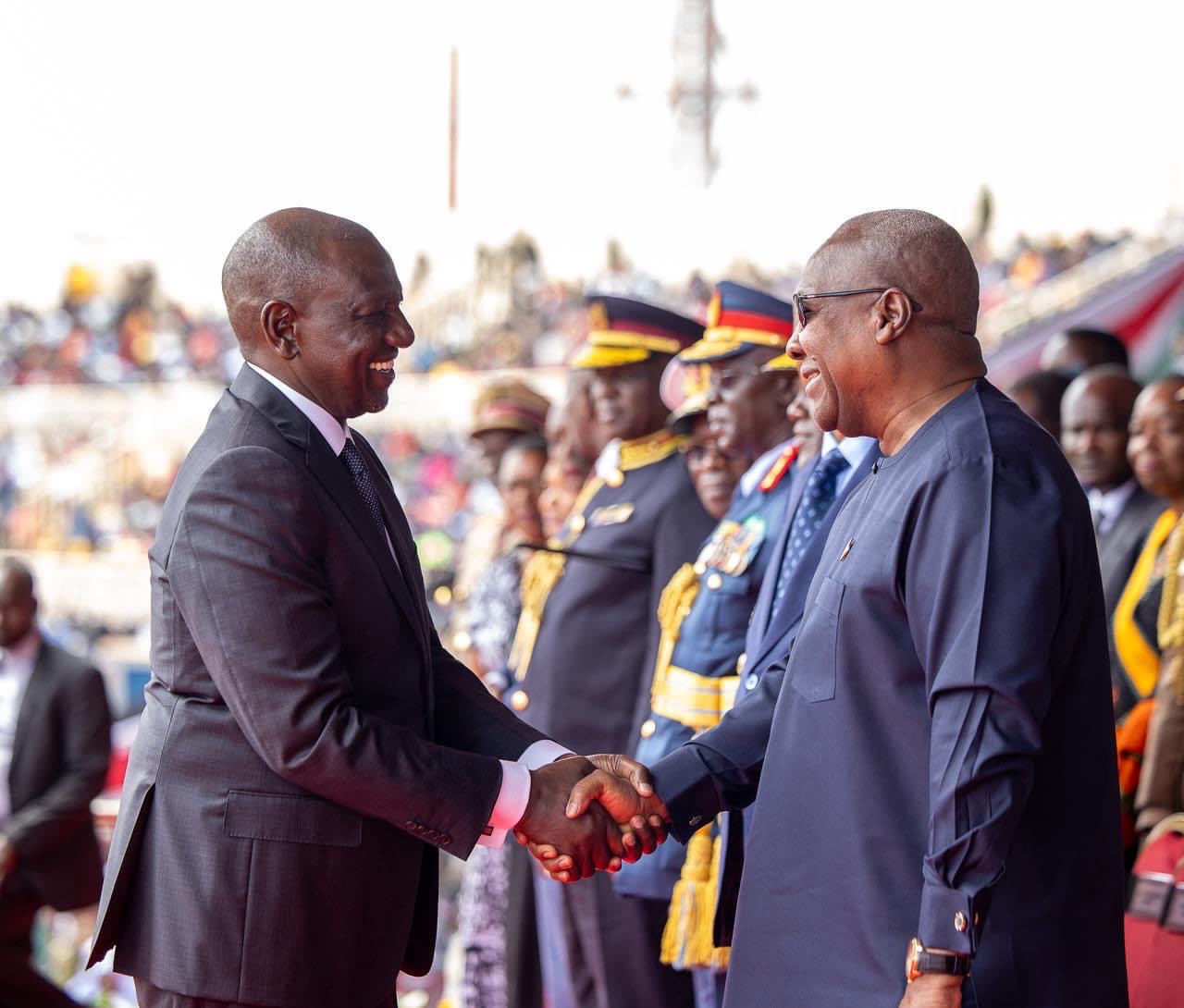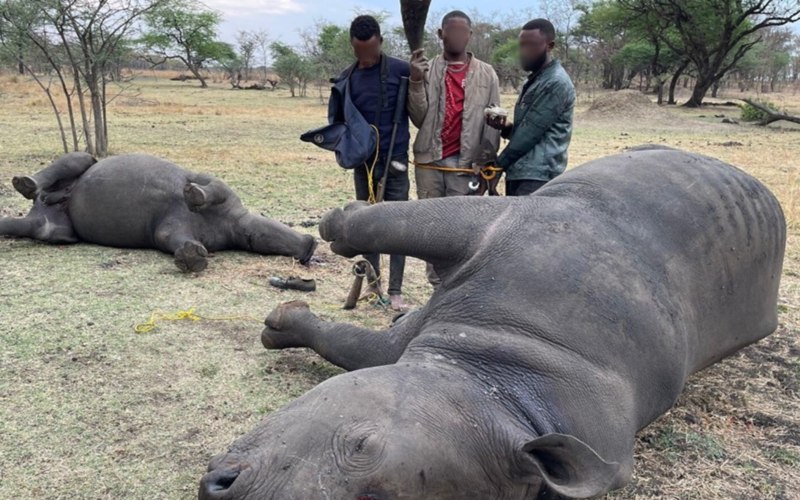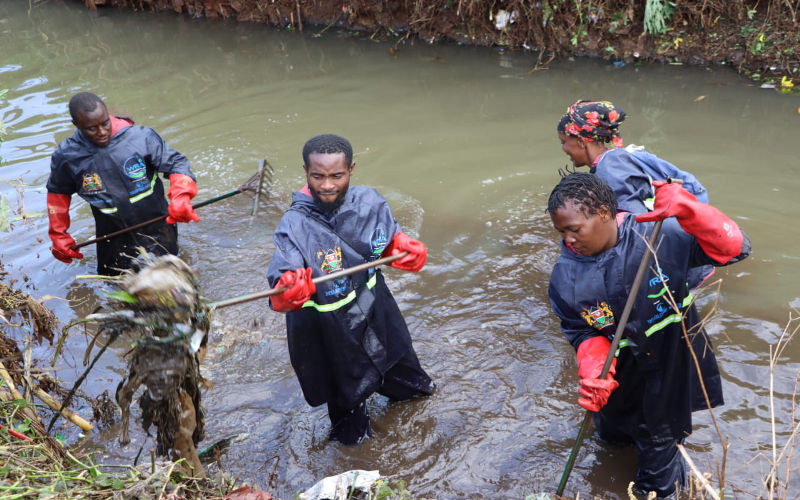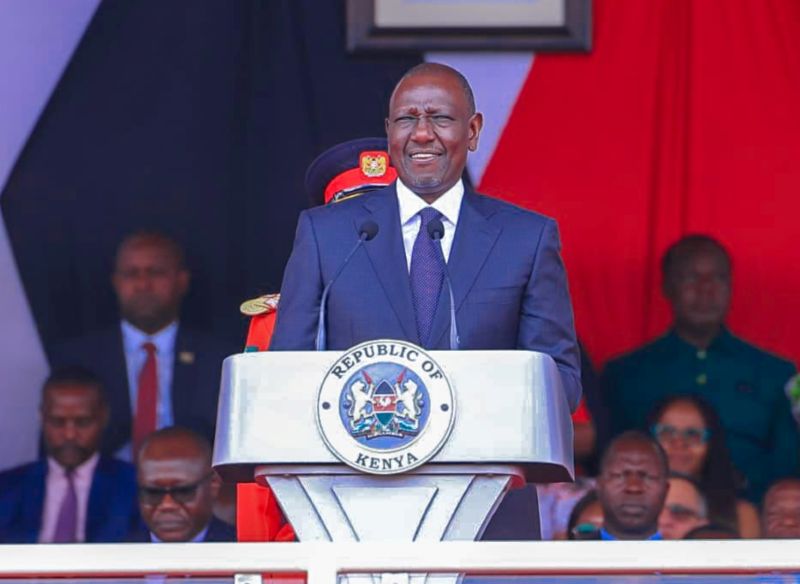Muslim leaders push for state action on muguka's health, social risks
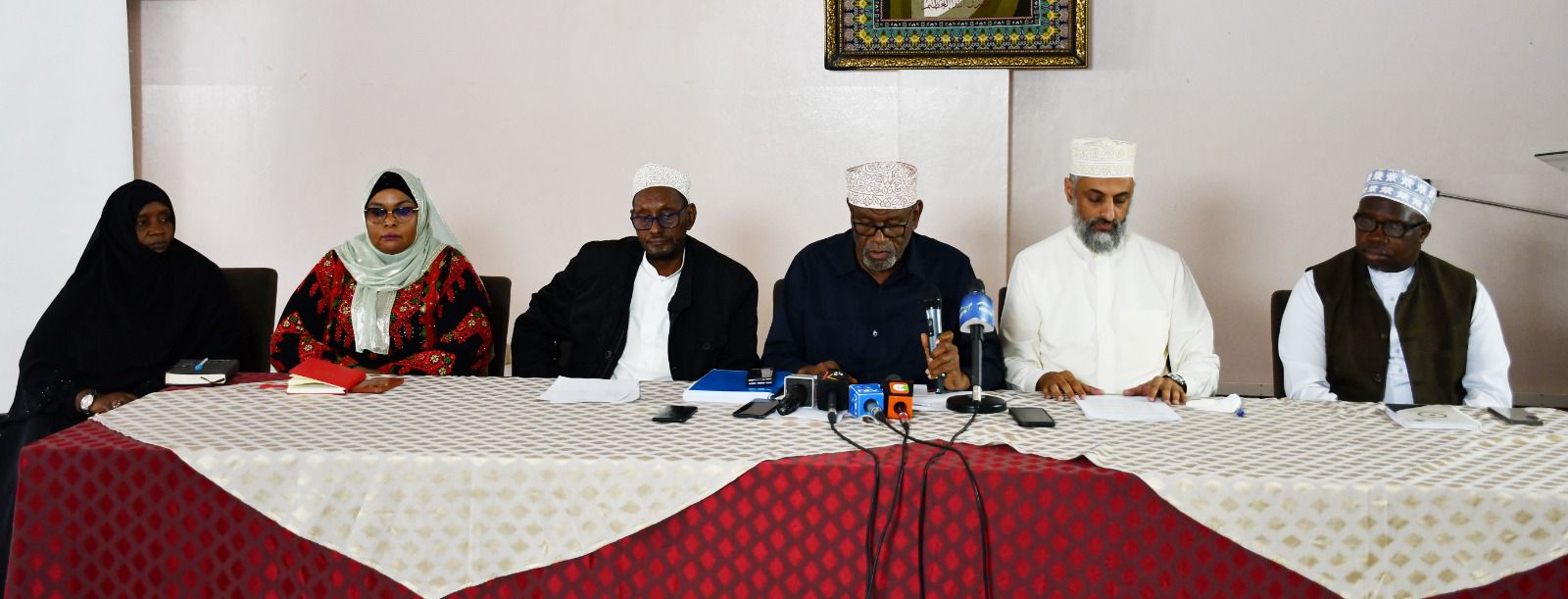
The group criticised President William Ruto's administration for a "double standard" on the matter, saying that while economic benefits for farmers in muguka-producing areas are considered, the adverse health and social effects on consumers in other regions are ignored.
Representatives of Muslim leaders, scholars, organisations, and professionals, including mental health experts, have called on the government to acknowledge the significant health and social risks associated with muguka and classify it accordingly.
At a press conference at the Jamia Mosque Multi-purpose Hall in Nairobi on Tuesday, the leaders urged the government to act truthfully and consider the welfare of future generations.
More To Read
- SUPKEM Chair Hassan Ole Naado rejects calls to resign, defends tenure
- SUPKEM refutes claims linking Huruma mosque to affordable housing project
- Faith groups warn Religious Bill violates church-state separation
- Religious leaders reject state bid to regulate faith-based groups, cite threat to worship freedom
- UK warns citizens visiting Kenya, Uganda of methanol poisoning from fake alcoholic drinks
- KDF recruitment reveals alarming substance abuse among hundreds of Garissa youth
Leading the call was Changamwe MP Omar Mwinyi, who noted that the stimulant, a variant of miraa (khat) contains cathinone and cathine, substances which are classified as narcotics by the National Authority for the Campaign Against Alcohol and Drug Abuse (NACADA).
“These are substances that cause adverse health and social issues among consumers of the stimulant," the leaders stated in a joint press statement. "It is for this reason that the stimulant has been banned in many European countries as well as Gulf countries and our neighbours Uganda and Tanzania."
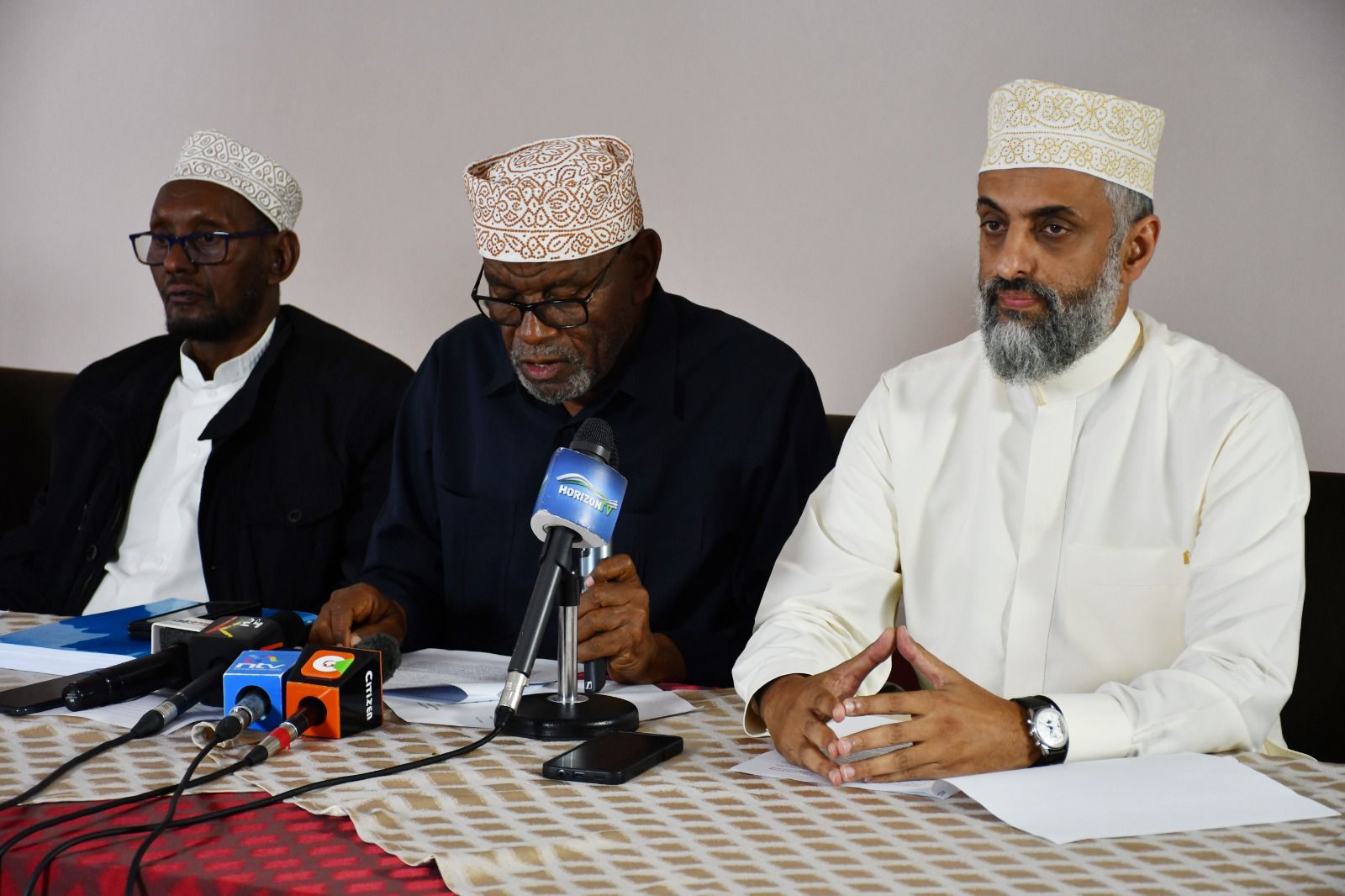 Changamwe MP Omar Mwinyi leads a press conference of Muslim leaders at the Jamia Mosque Multi-purpose Hall in Nairobi on June 11, 2024, on the health and social risks associated with muguka consumption. (Photo: Handout)
Changamwe MP Omar Mwinyi leads a press conference of Muslim leaders at the Jamia Mosque Multi-purpose Hall in Nairobi on June 11, 2024, on the health and social risks associated with muguka consumption. (Photo: Handout)
Highlighting the detrimental effects of muguka, among them psychological issues such as depression and insomnia, a reduced sperm count, and social problems like marriage breakdowns, the leaders noted the need for the government to classify it as a drug with considerable negative outcomes.
The group criticised President William Ruto's administration for a "double standard" on the matter, saying that while economic benefits for farmers in muguka-producing areas are considered, the adverse health and social effects on consumers in other regions are ignored.
"It is important that the government develop strategies to mitigate the socio-economic impact on regions dependent on these harmful substances. Instead of channelling public funds into sustaining this sector, the government should invest in alternative high-value crops that could benefit farmers economically," the statement said.
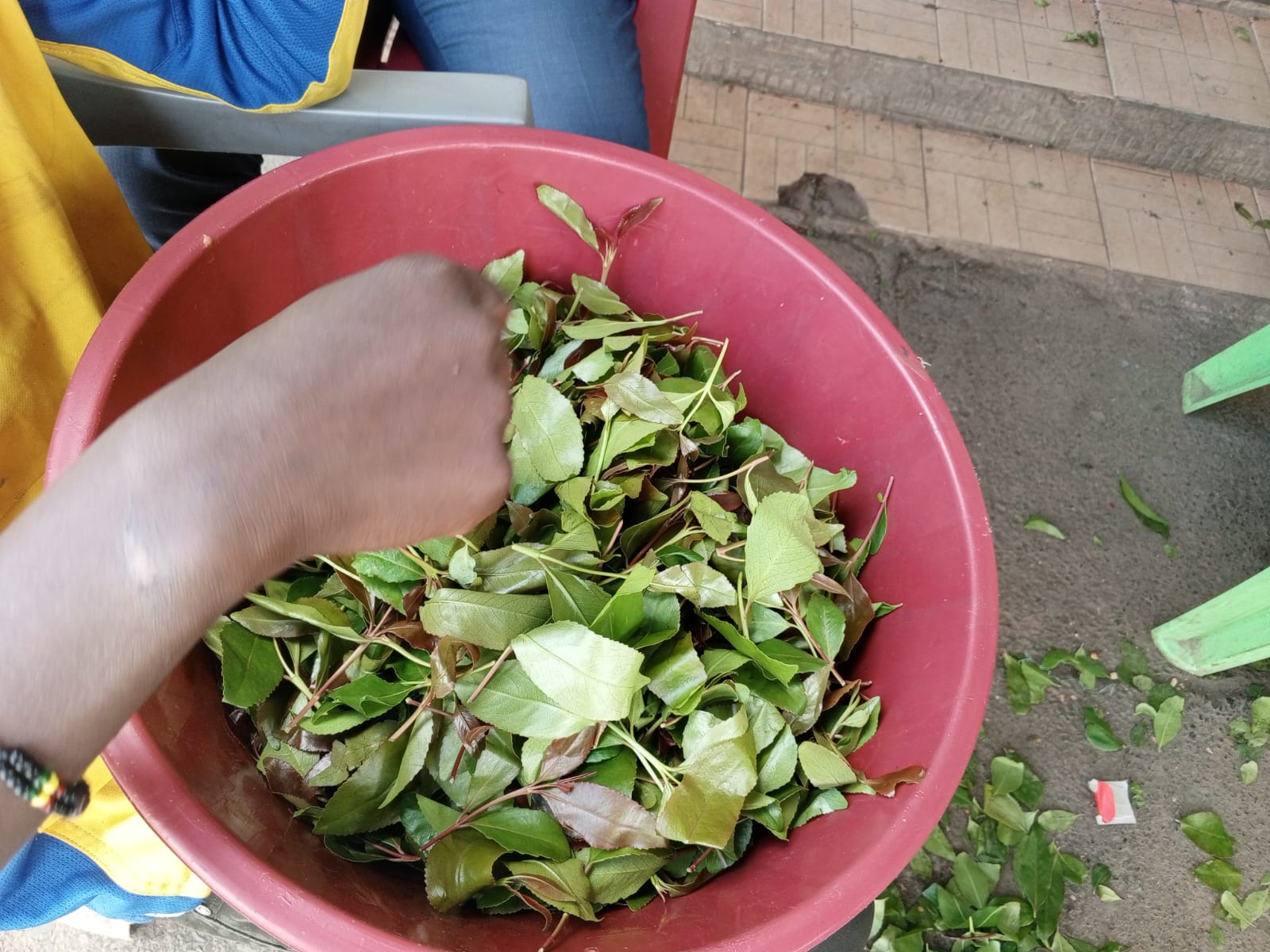 Muguka is sold at California Estate in Eastleigh in this file picture. (Photo: Charity Kilei)
Muguka is sold at California Estate in Eastleigh in this file picture. (Photo: Charity Kilei)
The group also defended the executive orders by the coastal counties of Mombasa, Kilfi, and Taita Taveta, which banned muguka but faced a setback when President Ruto declared their move null and void, where the law is concerned. They emphasised that health and trade issues are devolved functions according to the Fourth Schedule of the Constitution
"We strongly support the actions taken by the county governments of Mombasa, Kilifi, Taita Taveta, Lamu, and Kwale to ban and restrict the consumption of these substances to protect the health and social welfare of their people," they said.
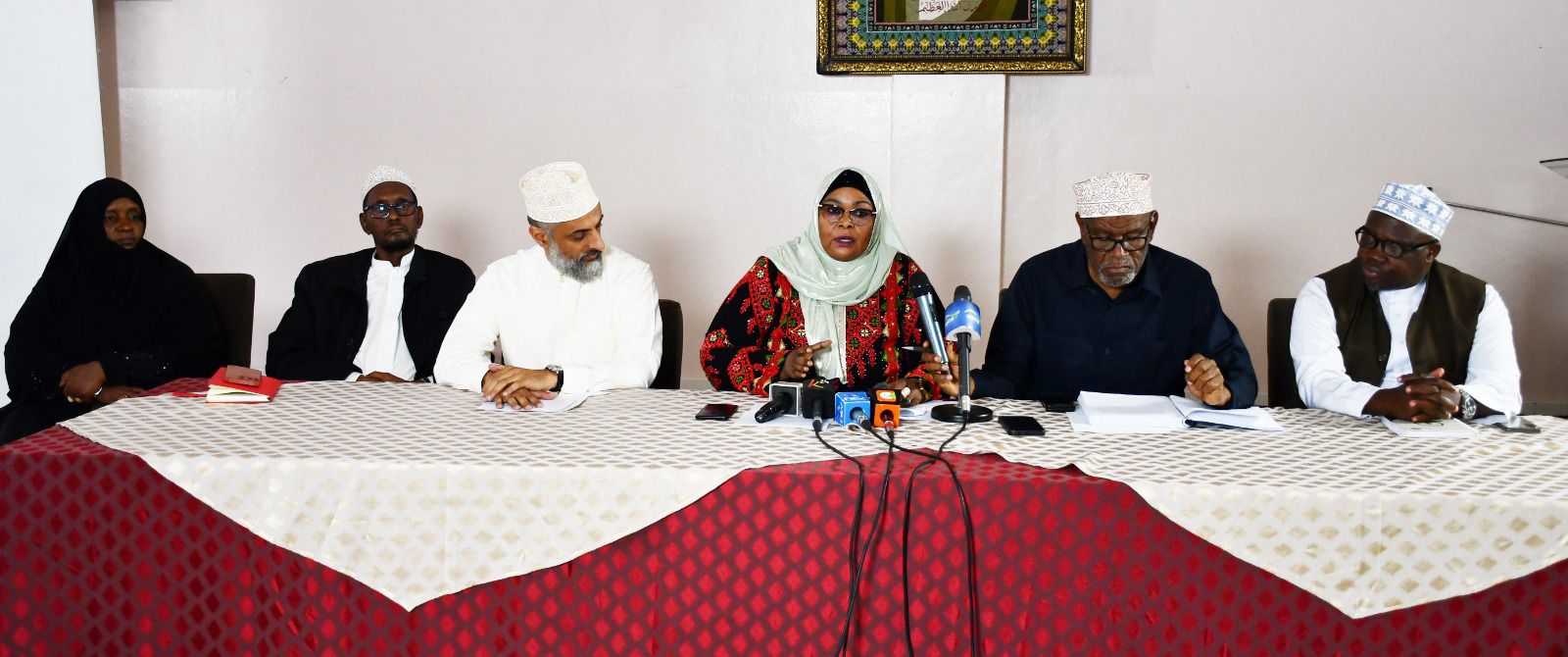 Muslim leaders address a press conference at the Jamia Mosque Multi-purpose Hall in Nairobi on June 11, 2024, on the health and social risks associated with muguka consumption. (Photo: Handout)
Muslim leaders address a press conference at the Jamia Mosque Multi-purpose Hall in Nairobi on June 11, 2024, on the health and social risks associated with muguka consumption. (Photo: Handout)
President Ruto earlier stated that muguka, recognised by national legislation, cannot be banned by any contradicting local laws or orders. Despite this, the leaders continue to advocate for legislative efforts to remove miraa from the Crops Act, pointing to NACADA's classification of the crop as a narcotic with adverse health effects.
In a final appeal, the Muslim leaders urged the government to tackle muguka with the same vigour applied to the alcohol abuse problem in Central Kenya.
"It is an irony that on one side, none other than Deputy President Rigathi Gachagua has been at the forefront in fighting alcohol abuse in Central while the administration is looking the other way and even supporting those who are pushing the muguka agenda in other parts of the country."
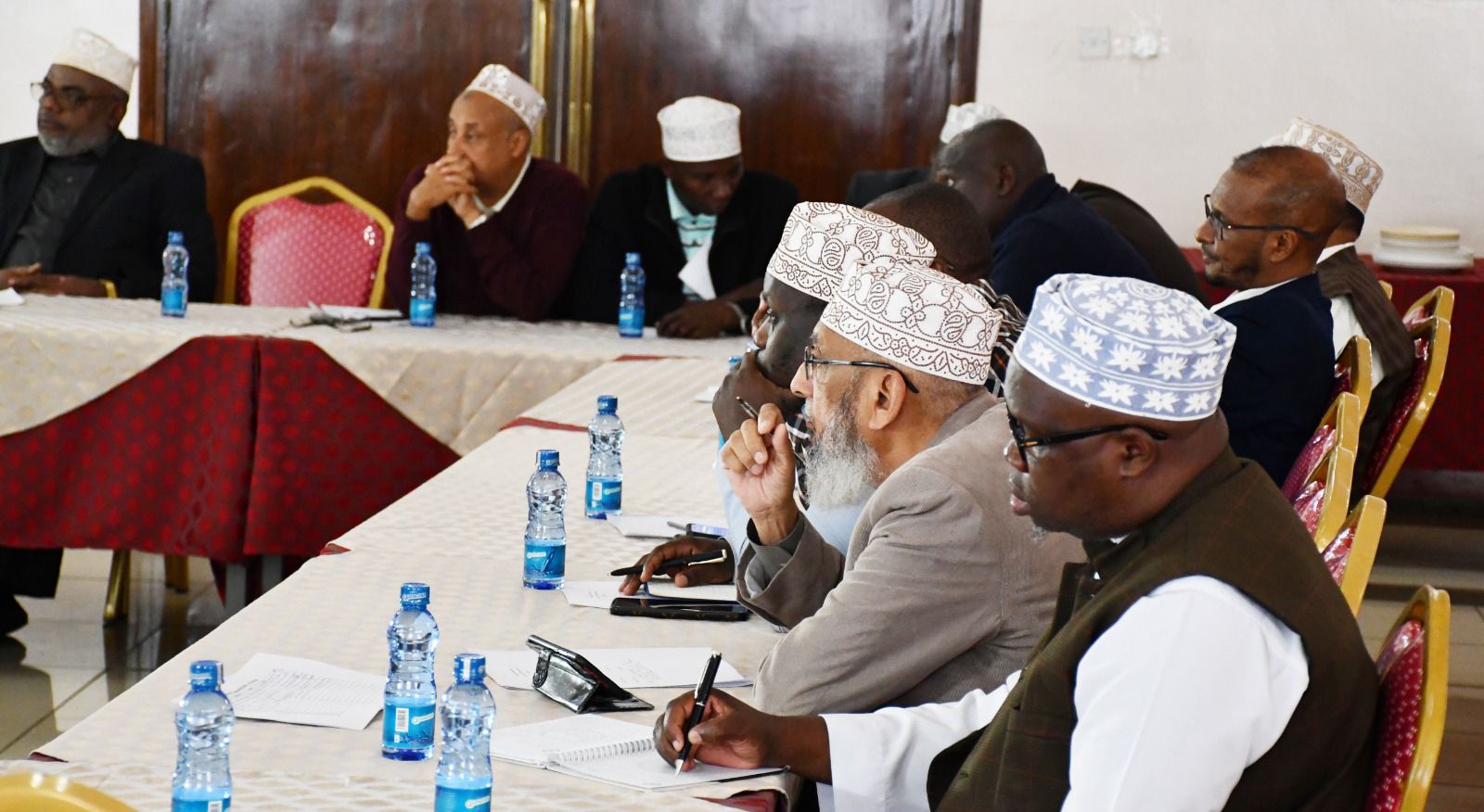 Muslim leaders attend a press conference at the Jamia Mosque Multi-purpose Hall in Nairobi on June 11, 2024, on the health and social risks associated with muguka consumption. (Photo: Handout)
Muslim leaders attend a press conference at the Jamia Mosque Multi-purpose Hall in Nairobi on June 11, 2024, on the health and social risks associated with muguka consumption. (Photo: Handout)
Mombasa Governor Abdulswamad Sheriff Nassir was the first to ban the entry, transportation, sale, and consumption of muguka, citing its harmful effects, especially on young people. Governor Nassir said more than half the people recovering in Mombasa's rehabilitation centres were muguka addicts.
Later, a similar directive was issued by Gideon Mung'aro and Andrew Mwadime, the governors of Kilifi and Taita Taveta counties, respectively, who vowed to crack down on the sale and use of muguka.
Also present at the press conference were Mombasa Senator Faki Mohammed, Woman Representative Zamzam Mohammed, and leaders from the Jamia Mosque Committee, the Supreme Council of Kenya (SUPKEM), and the Maahad Da’awah Organization.
Top Stories Today
